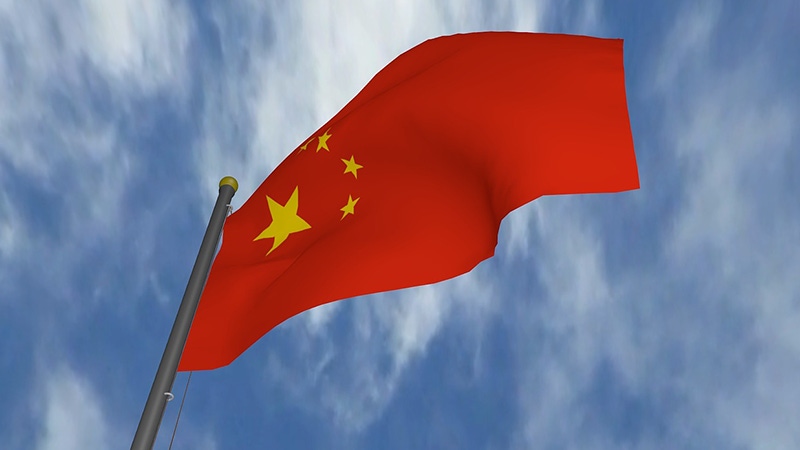Trending
Opinion: How will Project 2025 impact game developers?
The Heritage Foundation's manifesto for the possible next administration could do great harm to many, including large portions of the game development community.
Game developers are once again getting the greenlight to publish in China.

The Chinese National Press and Public Administration is approving new game releases in China for the first time in nine months. This follows a long year of the Chinese government tightening regulations on its video game industry, branding the medium as "spiritual opium," and pushing for late-night curfews for younger players.
According to Reuters, the first games to receive new approval include Baidu Games' XD "Party Star," as well as titles from iDreamSky, 37Games, YooZoo games, and beyond.
Tencent and NetEase, two of China's larger game publishers, were absent from the list. Both companies did see their stock prices bump upward Monday morning, as news of the approvals spread.
While this recent round of regulatory push coincided with a number of concurrent cultural and regulatory reforms from the Chinese government, the approval freeze appears to be a recurring pattern for China at this point. It froze approvals in 2018 and 2019, before pivoting to arguments about game addiction in 2020.
The yo-yoing approval process is likely frustrating for both Chinese and non-Chinese game developers, but it's also worth calling out that the country's new regulations have chilling context. The country is apparently now requiring developers to stick to state-approved depictions of historical events, and is warning developers against depicting characters whose gender cannot be immediately determined.
(The guidelines also warned developers against depicting "effeminate males," which is one heck of a broad category).
The Chinese government has been directing the depiction of historical events for many years, but in 2021 it stoked controversy with nearby South Korea over multiple instances of claiming Korean cultural touchpoints (like the food kimchi and Korean poet Yun Dong-ju) as being part of Chinese heritage.
In the same year the government also ordered broadcasters to "put an end to sissy men and other abnormal esthetics" in order to promote "revolutionary culture." It used an insulting slang term when making this proclamation.
While there are good-faith arguments to be made about regulating play time with China's predominantly free-to-play game market, these restrictions have sour implications not just for developers and players in China, but other countries and companies tied to the Chinese video game market as well.
You May Also Like